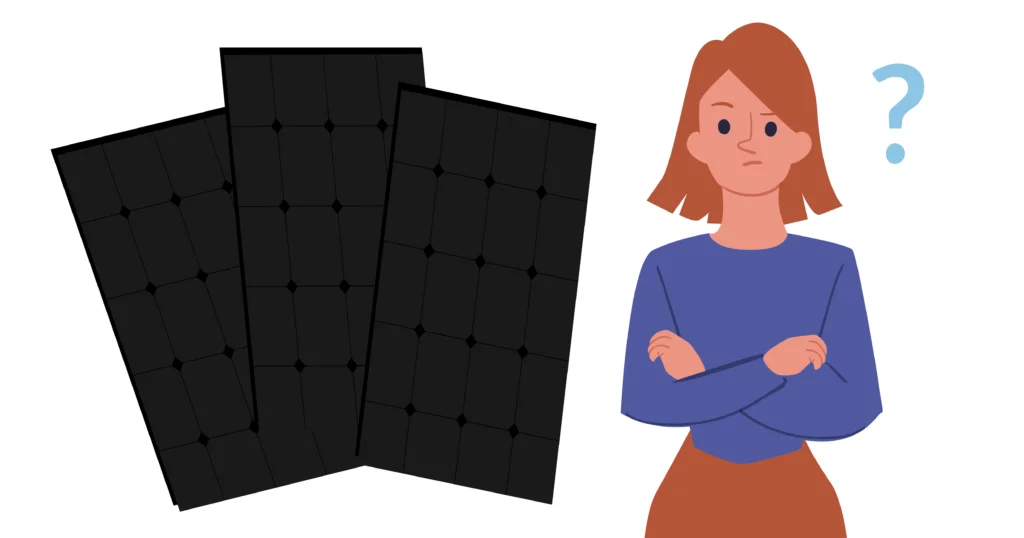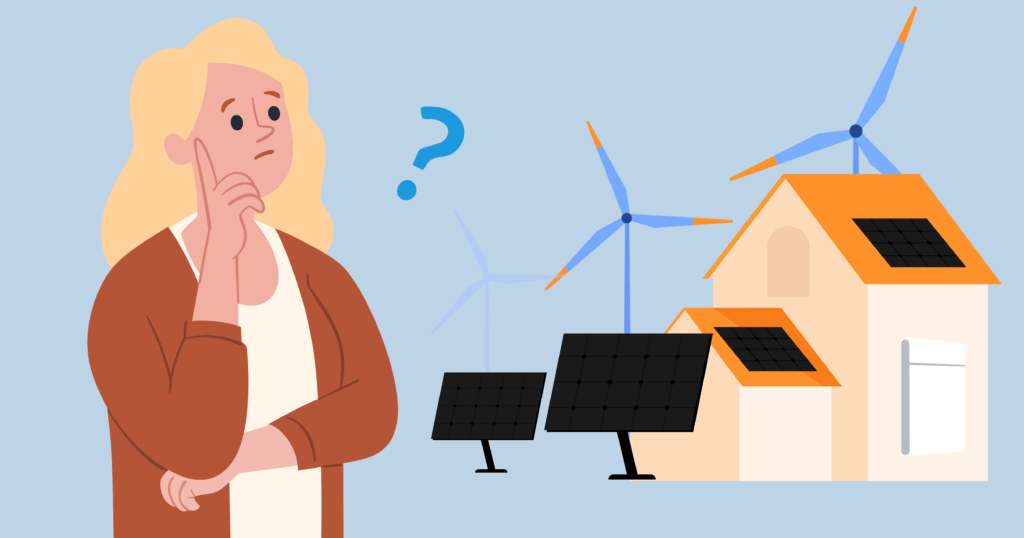

As one of the nation’s most trusted solar companies, many homeowners looking to go solar will come to us with questions. We encourage questions – as we want to be transparent and honest with everyone we work with. Some of these questions are about solar in general, and some are about specific policies and services we offer. We have compiled a few of our most asked questions and expanded on what our FAQ covers.
Is your question not outlined or addressed? Check out Part 1, where we talk about solar qualifiers, considerations, moving, timing, and savings!
Is Solar Worth It?
With a booming market and exponential growth in residential solar installations over the past few years, this question is top of mind for many homeowners. At Blue Raven Solar, we believe going solar is worth it if your roof has adequate sunlight and you want to save money!
Knowing your “why” is a great first step in determining if solar is worth it. Based on your current budget, lifestyle, and goals your why might be saving money on utility bills, energy independence, avoiding utility price hikes, going green, or any other reason. If you know why you want to invest in renewable energy sources, you can get a customized system designed to meet those goals and solar will continue to be worth it.

Why Don’t More People Use Solar Panels?
If solar is such a good idea, why is it not installed on every house or business, and used in corporations and in every other place?
Solar energy is a relatively new technology in the energy space. When compared to the first electricity powered by coal burning in the Industrial Revolution, the efficiency of harnessing renewable energy resources is quite innovative, though solar panels have been around for thousands of years. Similar with most technology, solar did not start out as a cost-effective option. Since 2010, the cost has dropped by 64%1.
It has taken time, scientific developments, and years of advancements for solar technology to become accessible. Today, the cost of solar is at an all-time low, and it is becoming more popular every day. Installation numbers have boomed over 30%2 throughout the last decade.
As of 2021, about 4%3 of homes in the United States have solar panels, but that is expected to triple before 2030. California began requiring all new homes to have residential solar systems beginning in 2018. No other states have passed similar legislation, but homeowners are adding solar on their own after understanding the benefits.

How does Solar Power Work at Night?
If the sun is down and it is dark outside, how do solar panels work? There are a couple of ways solar owners can benefit from their panels producing energy during the night: one of them being net metering. Through net metering programs, solar owners will not need to worry about losing access to energy once their panels stop producing. Net metering can also increase savings through energy credits and Solar Renewable Energy Credits (SRECs).
Another way solar power continues to work at night is through energy storage systems. During the day, panels can charge battery backups and your electricity will switch its power source automatically when the panels are no longer powering the home. This also occurs during power outages; whereas, without a battery, panel production must also stop during power outages, so no grid energy is transmitted while power lines are repaired.

How Can I Finance a Solar Panel System?
Solar energy costs are at an all-time low. However, they are still a large investment, and many homeowners cannot afford to pay for the entire system up front. Solar companies like Blue Raven Solar have created different ways for customers to finance their systems. Blue Raven Solar even has two options allowing $0 down!
You can talk about our different financing products with one of our solar experts and they will help determine the best option for you.

Is Solar the Best Energy Resource?
While there are advantages and disadvantages to all renewable energy resources, we believe solar power makes the most sense for homeowners. Unlike other resources, solar is available everywhere because the sun is the source. There is not a need for large amounts of land, dam construction, or digging mile-deep wells to produce sustainable amounts of energy. Solar is also one of the most efficient resources, creating minimal waste and causing very few environmental issues.
Solar power is a reasonable addition to homes, because most homes do not have the space or financial funding to install large windmills or hydroelectricity equipment. While it might be difficult to determine which is the best energy source overall, solar is the most compatible for residential energy production.
Will I Have to Pay a Utility Bill When I Go Solar?
When solar panels are installed, your home is still connected to the utility grid for net metering, SRECs, and energy needs that your panels might not compensate for (nighttime or peak energy usage hours).
With this connection, you will still have a small fee to pay each month to your utility provider. This fee is typically $10-$15 on average, although it could be higher depending on where you live and your current utility company. And, if your system does not produce all the energy you use; you may have a utility bill if net metering has not covered your usage. Overall, this utility bill will be much less than what it was before you went solar – many of our customers save hundreds of dollars every year.

Let Blue Raven Solar Help You Make the Switch Today!
Now is the time to make the switch. We have experienced the last eight years of industry growth, with our own organization growing at a faster rate than we could have ever imagined. Through staying close to our mission and values, we have continuously improved our approach and changed with the industry to help thousands of homeowners save money by going solar.
With state and national recognitions of excellence, we offer services in 22 states across the country. Find out if we operate in a city near you and find out how much you can save through the power of the sun.



Sorry, the comment form is closed at this time.